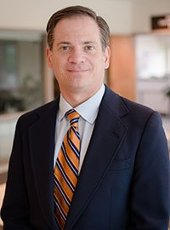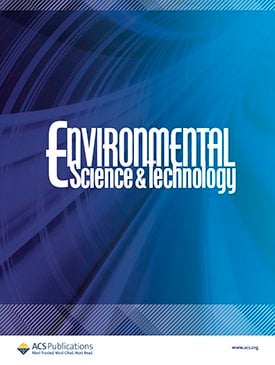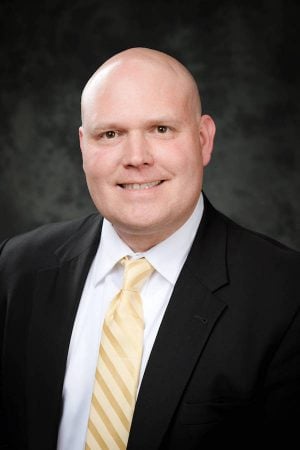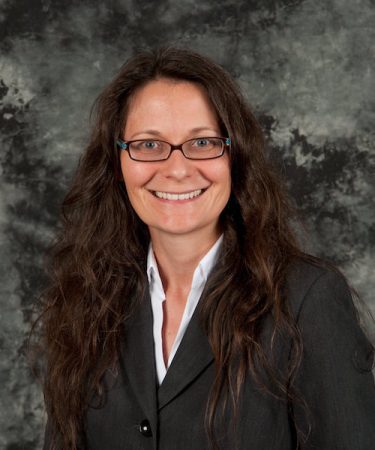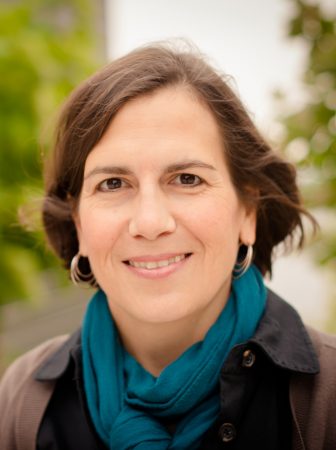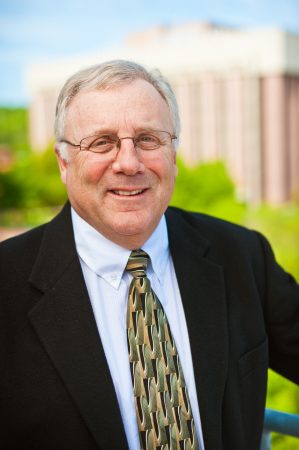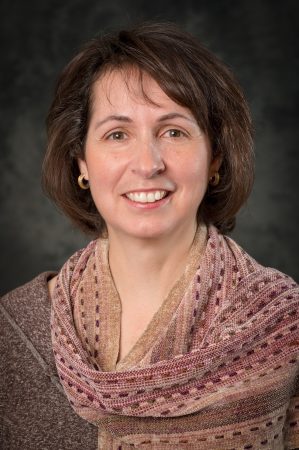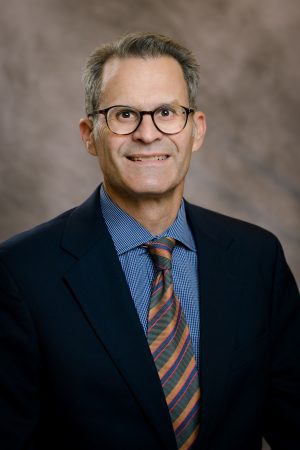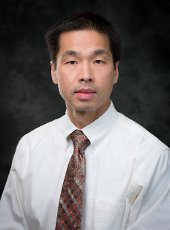
Daniel Dowden (CEE) is the principal investigator on a project that has received $204,514 research and development grant from the National Science Foundation.
The project is entitled, “NHERI Tailwood 10-Story Test Building Shake-Table Payload Research Project: Low-Damage Uplift Friction Damper for Seismically Resilient Mass-Timber Buildings.” This is a two year project.
Extract
This award will investigate a low-damage solution for cross-laminated timber (CLT) seismic force-resisting systems (SFRSs) using a novel uplift friction damper (UFD) device for seismically resilient mass-timber buildings. The UFD device will embrace the natural rocking wall behavior that is expected in tall CLT buildings, provide stable energy dissipation, and exhibit self-centering characteristics. Structural repair of buildings with these devices is expected to be minimal after a design level earthquake. Although CLT has emerged as a construction material that has revitalized the timber industry, there exists a lack of CLT-specific seismic energy dissipation devices that can integrate holistically with the natural kinematics of CLT-based SFRSs.
Project data will be archived and made available publicly in the NSF-supported NHERI Data Depot.

